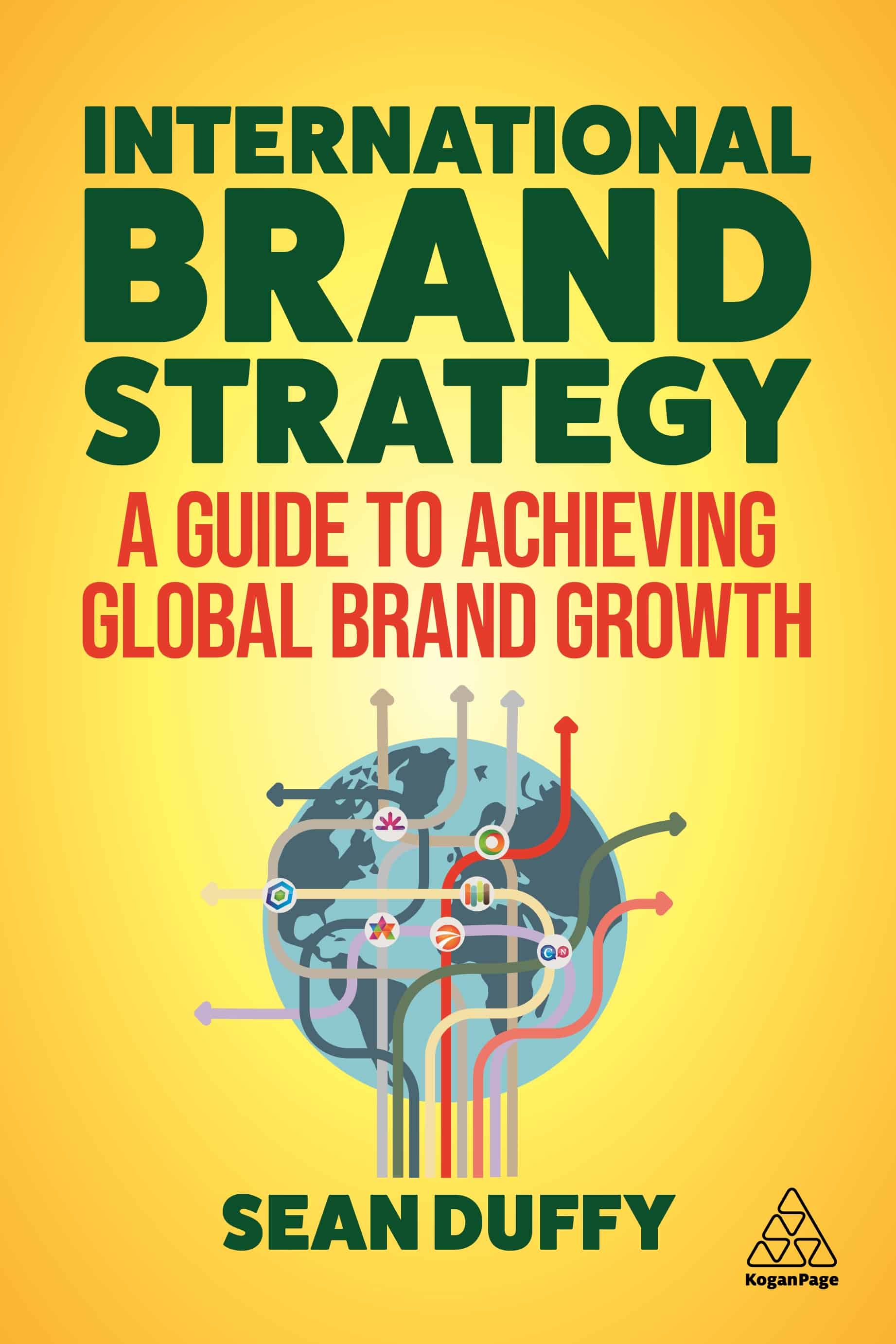Should I be outsourcing this?
Three criteria marketers can use to find the most cost-effective solution....
16 Dec 2020 2112 Views
Three criteria marketers can use to find the most cost-effective solution
Many marketing departments avoid outsourcing if they can handle the job in-house. This seems like an intuitive way to keep marketing costs down. However, these savings may be meager compared to the losses a business can experience when the work that is kept in-house ties up key employees or displaces far more important work that can’t be outsourced or when the in-house efforts may fail to produce the desired results.
Last week I received a question from a client asking our team’s perspective on what marketing tasks he should outsource vs. which ones he should keep in-house. This type of question often pops up this time of year as marketers plan for the new year. I appreciate the trust placed in our team to answer impartially. For that reason, we frame our reply with the criteria we use to develop our recommendation. Since you may be making plans for next year, I thought I’d share those criteria with you.
Prep Work
To decide what work to outsource vs, keep in-house, you first need to define that work. For this, you’ll need a marketing plan ideally supported by a marketing strategy and budget. Companies will often have this list, at least roughed out. Otherwise, we rough one out together. We start by building a week-by-week 12-month plan of marketing activities around a preliminary budget. Next to each activity, we have four columns:
- Budget — How much of the budget do we allocate for it? This factor alone may decide if you have the budget to outsource and, if so, to whom. Alternatively, it may flag the need to increase the budget for a particular activity.
- Accountable — Who is accountable for this activity overall? This is the project owner, where the buck stops. While they may not be involved much in the day-to-day management of the activity, they are accountable for the outcome.
- Responsible — Who is responsible for the various deliverables required? This is the project leader who is working with the project management on a day-to-day basis and coordinating the activities of the various parties required for the success of the activity.
- Contributor — Who do we need to contribute to the deliverables? Contributors have hands-on involvement under the direction of the project leader. They can represent a broad range of disciplines and skills. These are perhaps the easiest to outsource.
We then make a first pass deciding budget and resource allocation for each activity at each of the three levels specified above. These could be internal or external resources. On this pass, we ask, “Can we do it in-house?” typically resulting in the majority of items remaining in-house. But that’s just the starting point.
The exercise gets interesting on the second pass when we look at the list of all the things the marketing department could do themselves, and ask, “Should we do it in-house, even if we can.” To make that call, we rely on three criteria.
Criteria
Outsourcing seems more expensive than DIY. But the opposite can be true in many cases, especially for a young, growing company. Outsourcing is often a better use of your budget when you do it to buy expertise, perspective, or time. These are three criteria we use to make the call. If you answer yes to any of the three questions below, then you will probably be better off outsourcing.
1. Expertise — Does the project require expertise you don’t have in-house?
Expertise is not binary but exists over a range. You may not require an expensive design firm to create a logo for your internal newsletter, but you would certainly want to consider one for your company’s visual identity. So just what degree of expertise is required to do a passable job? How much more expertise would be required to do a truly outstanding job? Which do you need?
Go back to the marketing plan you have roughed out and look at the internal resources you have assigned to run the project and contribute to it. If the requisite level of expertise can be found in-house, then consider doing the job yourself, so long as the task passes the other two criteria in this list.
If the requisite level of expertise cannot be found internally, then it’s an easy decision: outsource. At that point, you need to revisit the budget you assigned to the task. Can you find the expertise you need at the budget allocated, or will you need to revise your budget allocation to cover the cost of the expertise you need?
Caveat 1: Sometimes you may be able to provide pieces of the puzzle internally. In these situations you may be tempted to outsource pieces of the project and keep others internal. This can work in some cases. For example, you hire a web design firm to build your website, but you produce some of the copy internally. As a general rule, however, I’d caution breaking projects up. Typically outside parties have well-oiled teams and processes that allow them to deliver a quality product at a competitive price. When you infuse your team members and process into that mix, the results often underwhelm.
Caveat 2: If the task is one that your company is chronically outsourcing, and it passes the other two criteria in this list, then it may be worth cultivating this expertise in-house. This could make sense for smaller, well-defined tasks like, for instance, writing white papers. However, taking broader areas of expertise in-house is a bit trickier. Companies that create their own in-house ad agencies, for instance, often discover that. They usually wind up with mediocre advertising capabilities because replicating the quality of an external agency would draw too heavily on the resources of the organization as a whole. It would also provide a major distraction from its core competence.
2. Perspective – Does the project require an outside perspective?
Some marketing tasks require perspective that is impossible for anyone working inside the company to possess. This applies in cases where objective assessment is required. Employees of a company are not objective. To the contrary, they exist in the company’s paradigm and see the world through its filters and biases.
Perspective helps contain cognitive biases that can alter the perception of people who are deeply vested in a company. I see this in action when employees of a company get too involved with collecting voice-of-customer input. In such cases, you can see confirmation bias, neglecting probability, observational selection bias, projection bias, and more on full display. These tendencies are even more pronounced when companies assess their competitors. I’ve noticed a clear tendency for companies to severely underestimate some competitors and completely discount others in such cases. These are the results of natural biases that a decent independent researcher would keep in check with perspective, objectivity, and a sound study design.
Then there is the effect on the subjects of market research. A simple example is when interviewing customers to see how they really feel about a company. They will usually have very different replies when talking to employees of the company compared to a third party.
As with consumer research, it is also ill-advised to try to position your own brand yourself or with internal resources. That statement may sound suspect coming from someone who makes his living positioning brands and conducting consumer research. You would be perfectly justified to ask, “why not?” After all, you know your brand and customers better than anybody, right?
Yes, but when it comes to assessment and positioning, that familiarity is actually a liability. Like psychotherapy, dentistry, and marriage counseling, the do-it-yourself approach is not going to work, even though you’re closest to the subject matter. What you are actually paying your psychotherapist, dentist, marriage counselor, and brand consultant for is an arm’s length distance that translates into their ability to deliver greater expertise, objectivity, and perspective that you can’t achieve on your own.
Perspective is one of the few attributes you simply cannot cultivate in-house. So if you have a task that requires it, find someone outside your organization. Marketing consultant Blair Enns said it best “You can’t read the label from inside the jar.” That, in a nutshell, sums up the value of paying for perspective.
3. Time — Will outsourcing allow you to make a deadline and/or make better use of your staff’s time?
There are tasks that do not require an outside perspective, and where the right level of expertise to perform them may exist in-house. In many of these cases, it still may be more cost-effective to outsource them.
These are cases where your team simply does not have the bandwidth. Yes, they may be able to work this project in, but at what impact on stress levels and morale? Often these assignments will displace other tasks that cannot be outsourced and may be more important to the company. Also, consider the people and other resources you have lined up to work on this in-house project. Is this really the best use of their time? Would these key people or internal resources be best focused elsewhere?
Even if none of the above applies, there are also cases where the deadline pressure is so intense that, although your team is able to handle the project, there just are not enough people on your team to get the project done in the time required. In these cases, many hands, when well-managed, can indeed make light lifting. Time to call in the cavalry.
Time is money. In all these scenarios, you are buying time when you outsource and it is worth every penny.
Conclusion
Consider the desired outcome you are seeking with each project. If you don’t have the required expertise, perspective, or time to create that result, then outsource. Otherwise, save a few bucks and do it yourself. Having a clearly articulated set of outsourcing criteria can help you and your team make reason-based outsourcing decisions quickly. While writing this post, I began to wonder which of these criteria apply to my client’s decision to outsource their outsourcing decisions. While I ponder that, let me wish you luck in your planning for a prosperous new year.
On our blog you will also find a brief history of marketing.
Like this post? You'll find more marketing insights in my new book: International Brand Strategy: A guide to achieving global brand growth, now available from booksellers globally. Order your copy here.
Speaker, consultant & founder of Duffy Agency, the flipped digital agency that provides accelerated growth to aspiring international brands.



